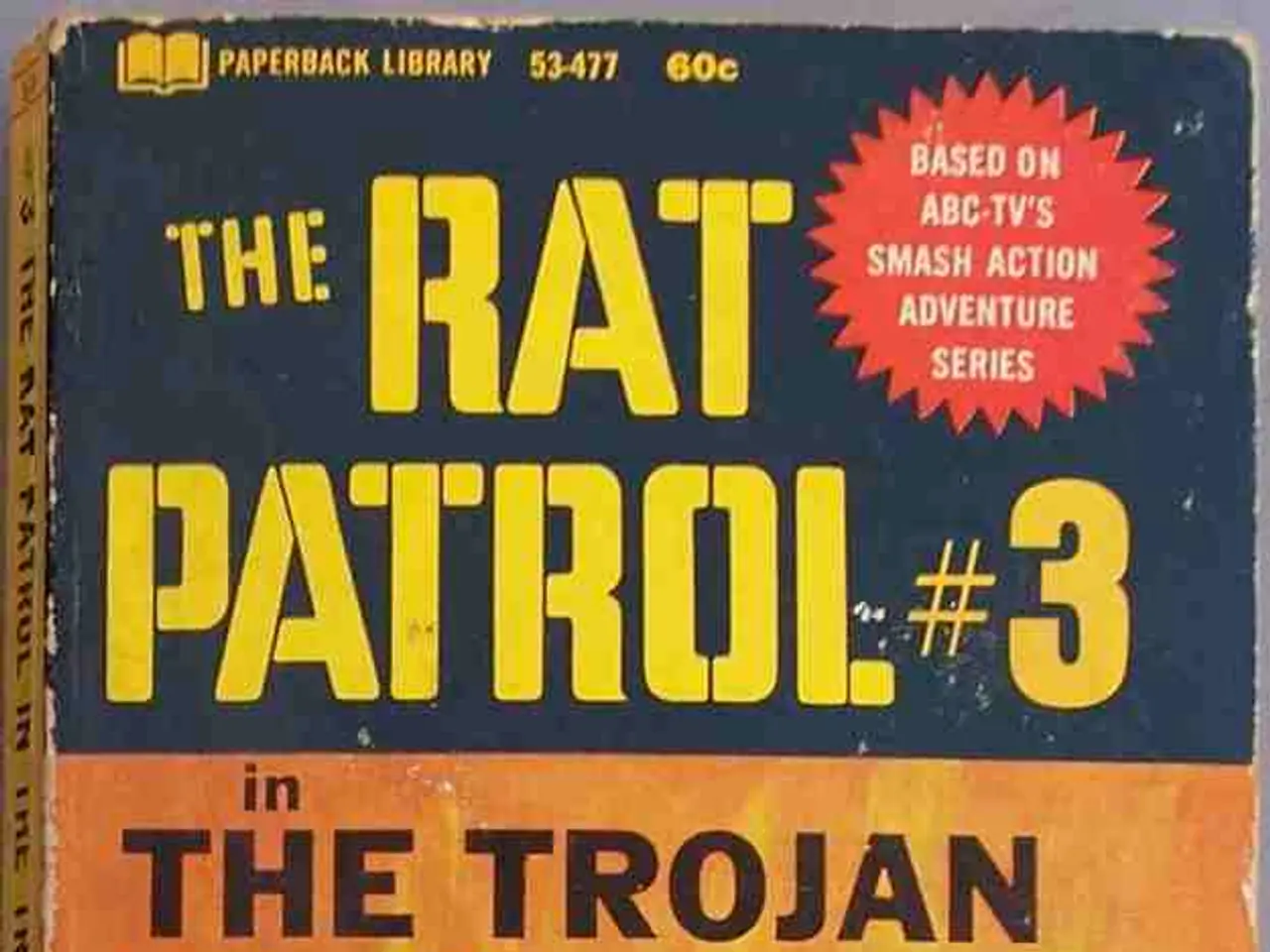Hidden Tales of Korean Survivors from Hiroshima: Exploring the Long-Lasting Impact of the Atomic Bomb
In the aftermath of the Hiroshima atomic bombing on August 6, 1945, approximately 70,000 Koreans were instantly killed, leaving behind a community of survivors grappling with physical ailments and a lack of governmental recognition for their plight.
These survivors, known as Korean hibakusha, have endured physical and psychological scars from the bombing. Many were forcibly conscripted laborers in Japan during World War II. However, their suffering has largely been neglected by governments in the U.S., Japan, and South Korea.
Korean hibakusha have campaigned for decades seeking official recognition, fair compensation, and medical support. Despite their efforts, they report abandonment by all relevant parties. The U.S. never apologized for the bombings, Japan has often ignored their plight, and South Korea has failed to adequately protect or support them.
Shim Jin-tae, an 83-year-old survivor living in Hapcheon, South Korea, which is often called "Korea’s Hiroshima," articulates this collective neglect and the ongoing struggle for responsibility acknowledgment.
The physical and generational effects of radiation-related illnesses are profound, affecting survivors and their descendants alike. Survivors suffer from cancer and chronic health problems, which have persisted or worsened over decades.
Hapcheon, a rural county in South Korea, has become a symbolic and actual hub for Korean hibakusha community and remembrance efforts. Survivors who now live in Hapcheon continue to raise awareness about their experiences through associations and memorial activities. These efforts are aimed at fostering public and governmental recognition, improving medical care, and raising awareness of their historical suffering.
Recent international attention from organizations like the International Campaign to Abolish Nuclear Weapons (ICAN) has helped shed light on the Korean hibakusha’s plight, calling on governments—including the U.S. and countries in the region—to join the UN Treaty on the Prohibition of Nuclear Weapons and provide appropriate assistance to survivors.
Despite 80 years passing since the atomic bombings, Korean survivors still face inadequate support and recognition. South Korean leadership has publicly expressed condolences on anniversaries of the bombings, but concrete measures to address the survivors' needs remain limited.
Officials from Hiroshima have visited Hapcheon to commemorate the victims, but true peace requires acknowledgment and accountability for historical actions. Koreans in Hiroshima during the Japanese occupation were subjected to forced labor and faced significant discrimination.
Survivors and their descendants struggle with significant physical and psychological health issues. Many returned to their homeland after the war and faced further ostracism and prejudice. The community's perception of Korean survivors as victims of a 'curse' deepened their struggles.
Junko Ichiba, a Japanese advocate, emphasizes that "Peace without apology is meaningless," indicating the deep-seated need for Japan to acknowledge its historical actions fully. Studies indicate that the fatality rate among Koreans in Hiroshima was significantly higher than that of Japanese residents.
Shim notes that Hapcheon already had a leper colony, illustrating the prejudice faced by survivors returning home. Han Jeong-sun, a second-generation survivor, faces both personal health challenges and societal stigma.
As we remember the victims of the Hiroshima atomic bombing, it is crucial to acknowledge the ongoing struggles of the Korean hibakusha and work towards providing them with the recognition, support, and justice they deserve.
In the fight for adequate recognition, fair compensation, and improved mental and physical health services, Korean hibakusha have been advocating for these needs for decades, often feeling abandoned by various governments. Their health issues, stemming from radiation-related illnesses, continue to impact not only survivors but their descendants as well.
In light of the Korean hibakusha's ongoing struggles, it's essential that we recognize and address their ongoing needs for support, mental health resources, and justice, alongside remembering the victims of the Hiroshima atomic bombing.




